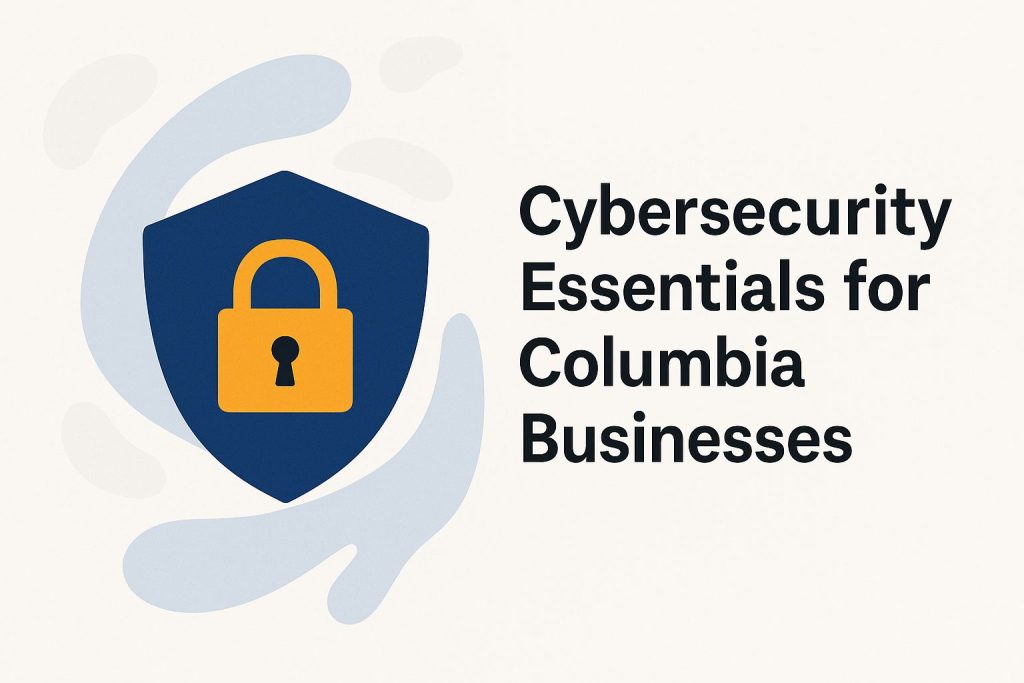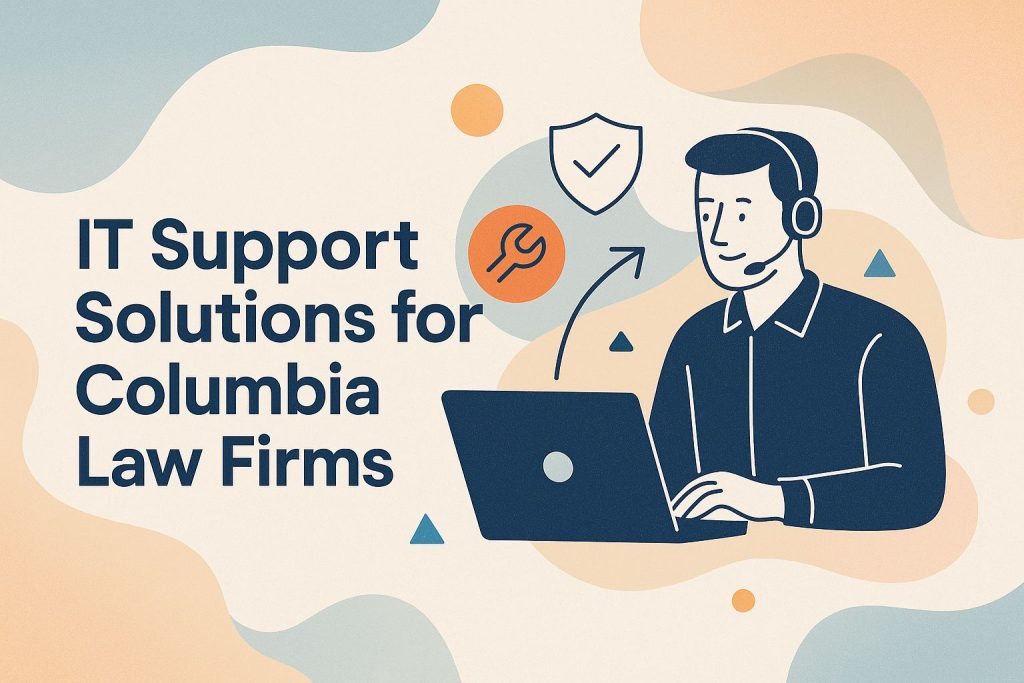Secure Patient Communication Systems for Columbia SC Dental Practices
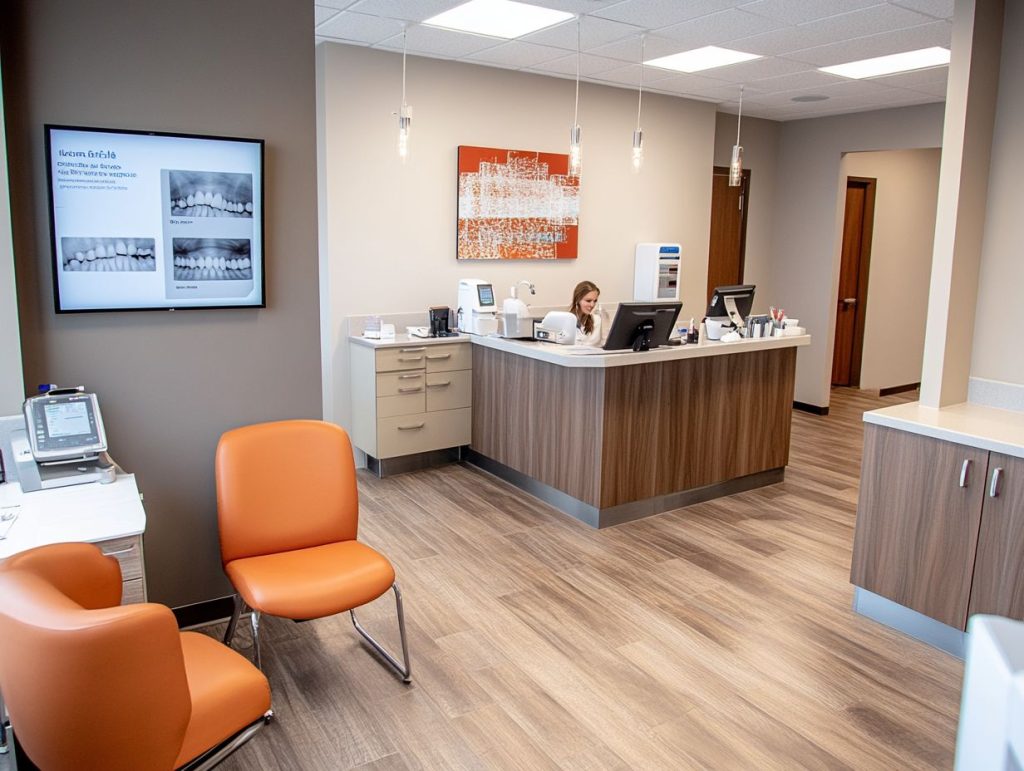
The use of secure patient communication systems for Columbia SC dental practices ensures that sensitive patient information is transmitted securely, meeting HIPAA requirements. These systems integrate technologies like encrypted messaging, secure portals, and telehealth tools to enhance patient engagement while protecting dental health records.
With telehealth adoption and digital interactions on the rise, robust secure patient communication systems enable smooth communication between dental care providers and patients, fostering trust and improving patient satisfaction.
For HIPAA guidelines, refer to HHS HIPAA Privacy Rule.
Importance of Secure Patient Communication Systems
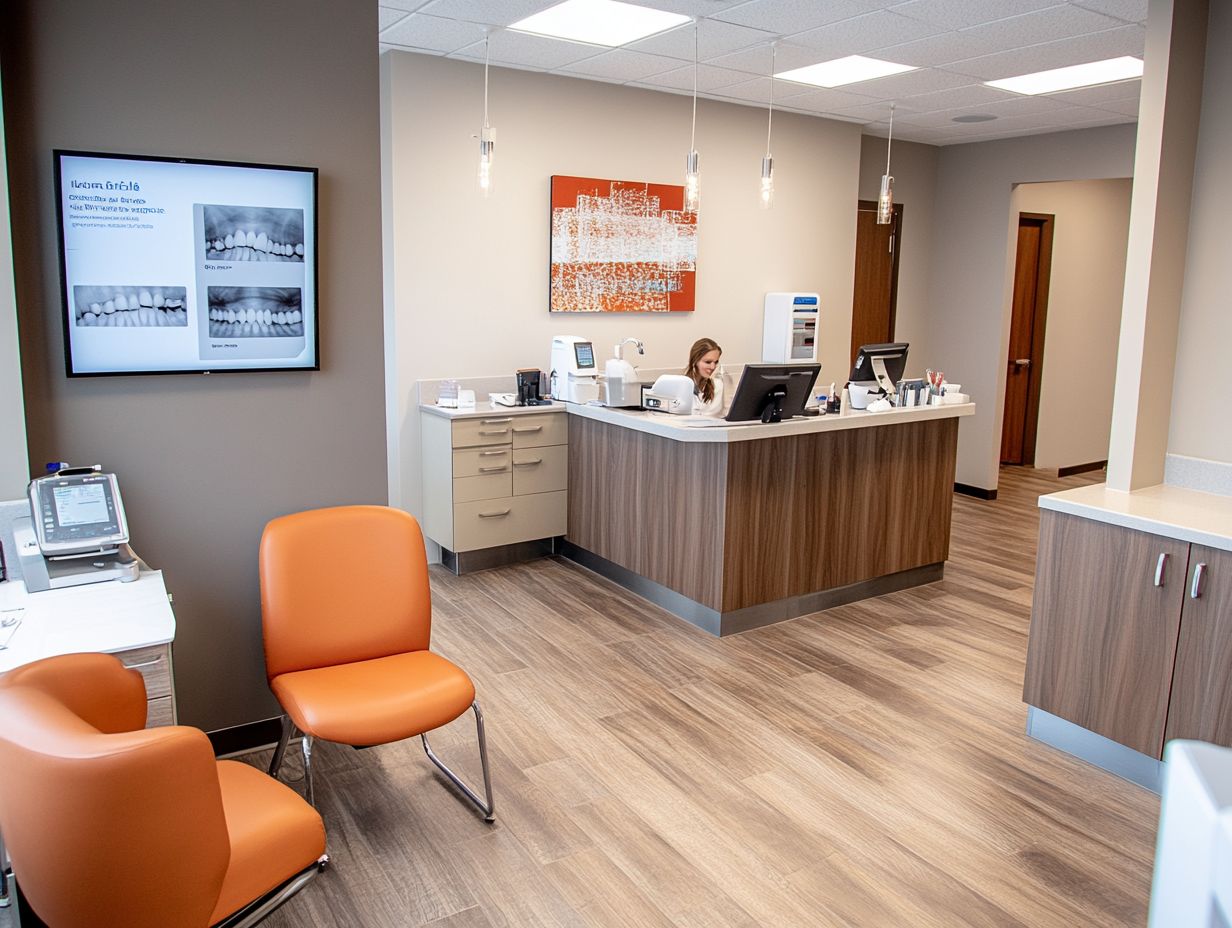
Secure patient communication systems are important for dental practices in Columbia, SC. They ensure patient privacy and HIPAA compliance.
These systems use technologies like encrypted messaging and secure portals. They enhance patient engagement and protect dental health records.
With more use of telehealth and digital communication, secure data transmission and risk management are crucial.
These systems enable smooth interactions between dental care providers and patients. They build trust and improve patient satisfaction.
Ensuring Privacy and Confidentiality
Patient privacy and confidentiality are fundamental to secure communication systems. They impact trust and satisfaction in dental practices.
Secure portals and user-friendly interfaces help dental care providers manage sensitive patient information. They also ensure data protection and confidentiality.
Dental facilities can enhance protection of digital communications by using security measures like end-to-end encryption and multi-factor authentication. These technologies not only safeguard confidential health data but also enable patients to engage more openly, knowing their information is secure.
Integrating secure data transmission solutions, such as encrypted messaging platforms, facilitates smoother interactions between patients and providers. This patient-centric approach fosters a sense of reassurance, encouraging individuals to communicate their concerns and preferences freely, ultimately leading to improved patient satisfaction and loyalty.
Types of Secure Patient Communication Systems
Several secure patient communication systems for Columbia SC dental practices cater to various needs, including:
-
Telehealth platforms for virtual consultations.
-
Secure messaging systems for real-time communication.
-
Cloud-based portals for scheduling and reminders.
These systems streamline workflows, improve efficiency, and enhance the patient experience.
Explore our IT Support Services for Dental Practices to integrate secure communication tools.
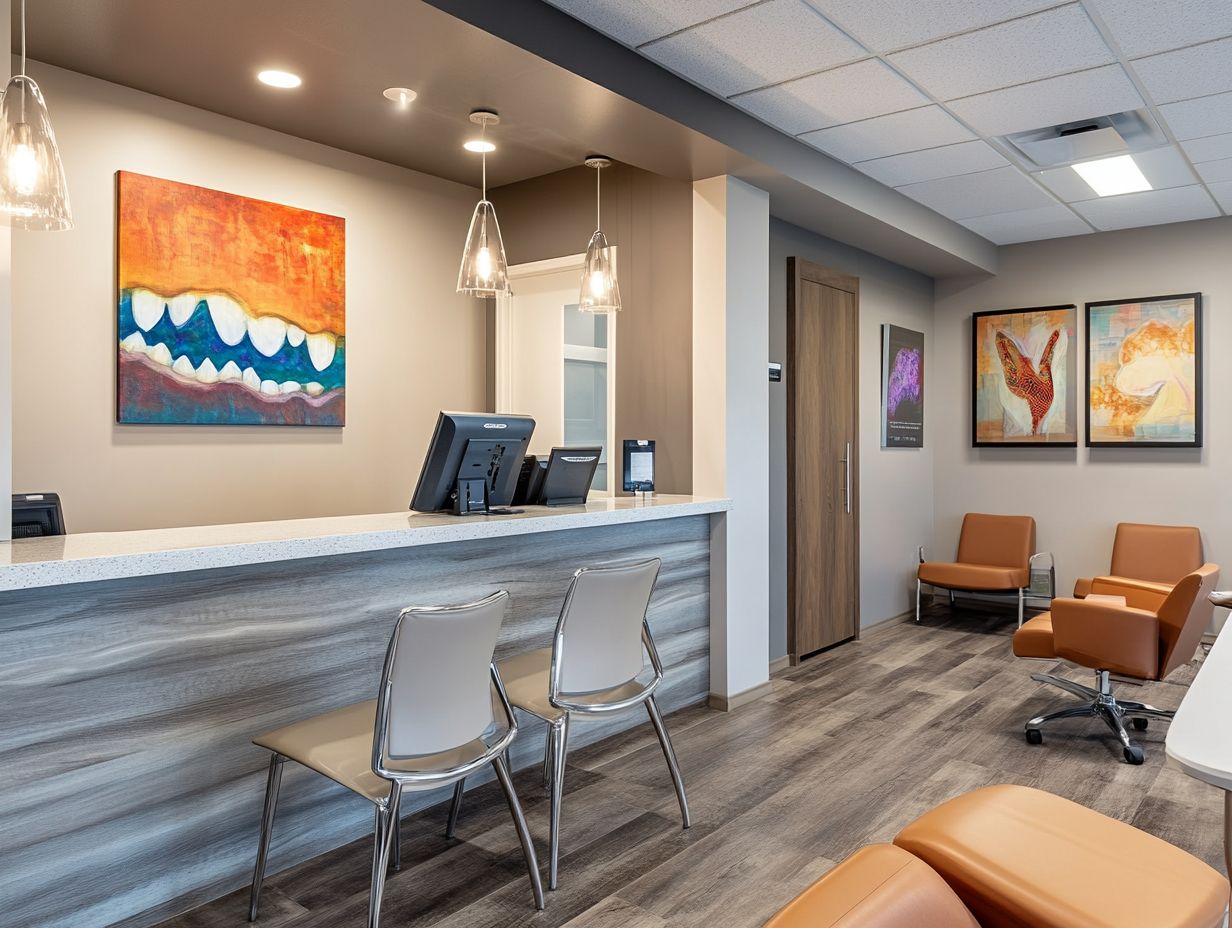
Each type of patient communication system offers a distinct set of features designed to enhance user experience (UX) and streamline workflows within dental practices. These features typically include robust security protocols to ensure the protection of patient data, effective appointment management tools that send automated reminders, and educational resources that enable patients to stay informed about their dental health.
Along with these essential components, many systems incorporate user-friendly interfaces developed through extensive usability testing to accommodate diverse patient populations. Such systems not only facilitate seamless communication between staff and patients but also prioritize data encryption and HIPAA compliance to safeguard sensitive health information.
Enhancing patient education through interactive content increases satisfaction. Patients are more likely to follow treatment plans when they understand their oral health.
By integrating various features helps dental practices improve experiences for staff and patients. This leads to better outcomes and stronger patient loyalty.
Implementing a Secure Patient Communication System
To implement a secure patient communication system, dental practices must follow several strategic steps. These steps ensure smooth integration and compliance with regulations.
These steps include:
- Assessing the specific needs of the practice,
- Selecting suitable software solutions that provide scalable features,
- Fostering stakeholder engagement to encourage technology adoption.
It is also important to create a training plan for staff. This ensures they use the new system effectively and follow communication compliance standards.
Steps to Integrate the System into Dental Practices
Integrating a secure patient communication system requires careful planning. Start with a risk assessment to identify potential vulnerabilities. By establishing administrative efficiency and selecting feature-rich platforms that align with the practice’s objectives, dental practices can effectively onboard patients and streamline their communication processes.
This initial risk assessment should involve a thorough evaluation of current practices, potential data breaches, and compliance with regulations such as HIPAA. Once vulnerabilities are identified, selecting an appropriate communication platform becomes essential; it should provide robust security features, user-friendly interfaces, and integration capabilities with existing management systems.
Following the selection of a platform, an effective patient onboarding process is necessary to educate patients on the new system, ensuring they understand how to use it securely. These steps help create an organized workflow. They also build trust and improve interaction between the dental team and patients. This leads to higher satisfaction and better engagement with care plans.
Best Practices for Secure Communication with Patients
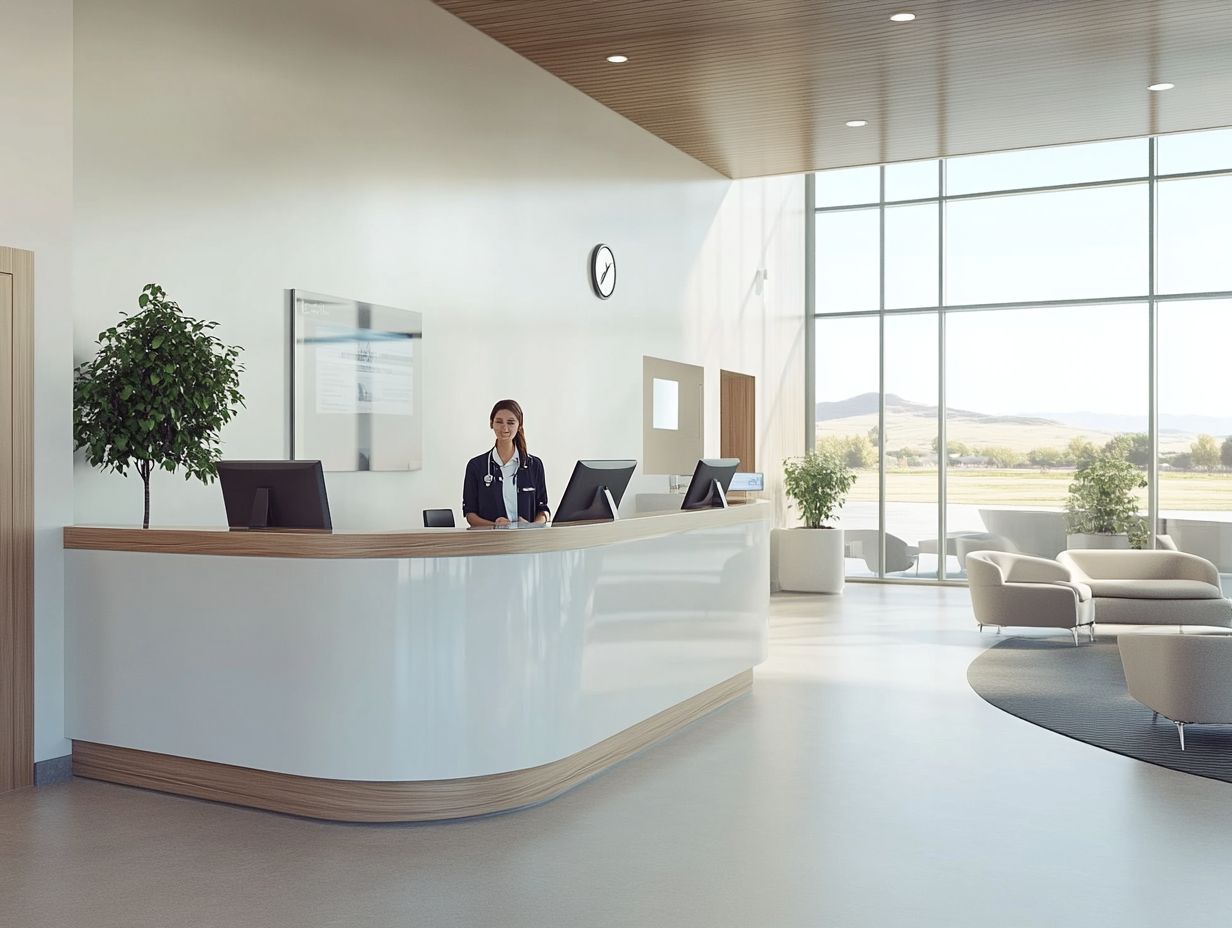
Adopting best practices for secure communication with patients is essential for dental practices seeking to improve communication efficiency while ensuring regulatory compliance.
These best practices involve:
- Obtaining patient consent for data sharing,
- Implementing robust security protocols to safeguard patient information, and
- Conducting regular reviews of communication systems to confirm that they adhere to the latest standards in data protection and confidentiality.
Tips for Maintaining Security and Compliance
To maintain security and compliance in patient communication systems, dental practices need ongoing attention and proactive measures. Effective security strategies include good security strategies include updating software regularly, using secure authentication protocols, and conducting periodic risk assessments. These help identify and reduce vulnerabilities.
Practices must encrypt patient data during transmission and storage. This protects sensitive information from unauthorized access. Establishing clear communication policies is essential. They ensure staff members know the procedures for handling patient information.
Training staff to recognize phishing and other cyber threats improves the practice’s overall security. Additionally, documenting all security measures and compliance efforts helps with regulatory audits. It also promotes a culture of vigilance in today’s digital landscape.
Frequently Asked Questions
What are secure patient communication systems for Columbia SC dental practices?

Secure patient communication systems for Columbia SC dental practices are platforms or tools that enable secure communication between dental practices and their patients. These systems often include features such as encrypted messaging, appointment scheduling, and secure file sharing.
Why are secure patient communication systems important for dental practices in Columbia SC?
Secure patient communication systems are important for dental practices in Columbia, SC. They protect patient privacy and comply with HIPAA regulations.
What features should I look for in a secure patient communication system for my dental practice in Columbia SC?
When choosing a secure patient communication system for your dental practice in Columbia, SC, look for features like end-to-end encryption, secure file sharing, appointment scheduling, and HIPAA compliance. Also, consider ease of use and integration with your existing systems.
Can secure patient communication systems be customized for different dental practices in Columbia SC?
Yes, these systems can be customized for different dental practices in Columbia, SC. Many providers offer customizable options to fit the specific needs of each practice, such as adding branding or specific features.
How do secure patient communication systems benefit dental practices in Columbia SC?
They improve patient communication and satisfaction. They also increase efficiency and organization. Lastly, they ensure compliance with HIPAA regulations. Secure patient communication systems benefit dental practices in Columbia SC in several ways. They can also save time and money by reducing phone calls and administrative tasks.
Are there any downsides to using secure patient communication systems for dental practices in Columbia SC?
While there are many benefits to these systems for dental practices in Columbia, SC, there can be downsides. These systems may require an initial investment and staff training. There may also be privacy concerns for patients who are uncomfortable sharing personal information digitally.

